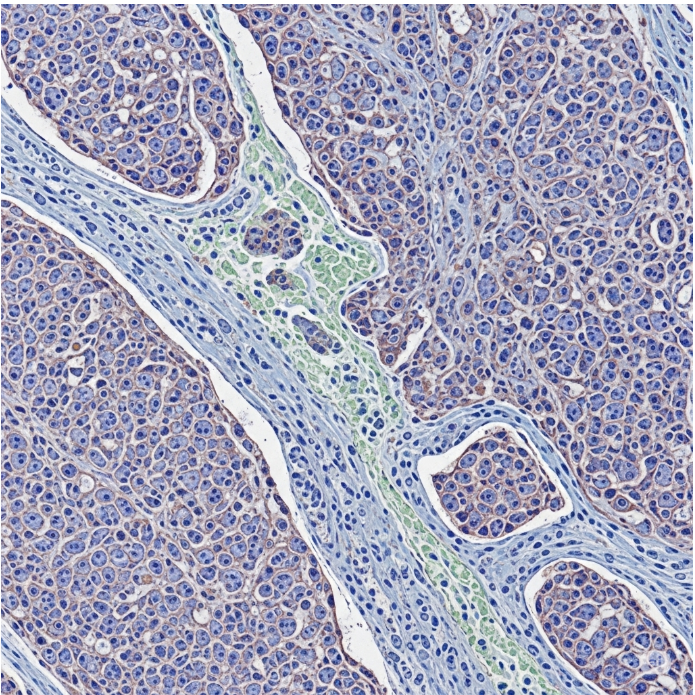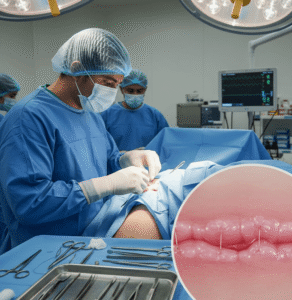Overview
Systemic sclerosis-associated interstitial lung disease (SSc-ILD) is a serious complication of systemic sclerosis, a chronic autoimmune disease. It causes scarring and inflammation in the lungs, leading to progressive breathing difficulties and reduced oxygen exchange. Early diagnosis and treatment are critical to slow disease progression and improve quality of life.
What is Systemic Sclerosis-Associated Interstitial Lung Disease?
SSc-ILD is a type of interstitial lung disease that develops in people with systemic sclerosis (scleroderma). The immune system attacks the body’s own tissues, leading to thickening and hardening of the skin and internal organs. In the lungs, this results in fibrosis (scarring) that makes it harder for them to function properly.
Symptoms
- Shortness of breath, especially during physical activity
- Dry, persistent cough
- Fatigue and weakness
- Reduced exercise tolerance
- Chest discomfort or tightness
- Unintentional weight loss in advanced stages
Causes
- Autoimmune attack associated with systemic sclerosis
- Chronic inflammation in the lungs
- Overproduction of collagen leading to lung fibrosis
- Genetic susceptibility and environmental triggers
Risk Factors
- Diagnosis of systemic sclerosis
- Diffuse cutaneous subtype of systemic sclerosis
- Presence of specific autoantibodies (e.g., anti-Scl-70)
- Older age at disease onset
- Smoking history
Complications
- Progressive lung fibrosis
- Pulmonary hypertension
- Severe respiratory failure
- Increased risk of infections
- Reduced life expectancy
Prevention
- No absolute prevention for autoimmune-related ILD
- Early screening in patients with systemic sclerosis
- Avoid smoking and environmental lung irritants
- Regular monitoring with lung function tests and imaging
- Prompt treatment of respiratory infections
Treatment Options in Korea
In Korea, SSc-ILD is managed with a combination of medications and supportive care, often in specialized rheumatology and pulmonology centers:
- Immunosuppressive therapy (mycophenolate mofetil, cyclophosphamide) to reduce inflammation and slow fibrosis
- Antifibrotic agents (nintedanib) approved for SSc-ILD to slow disease progression
- Corticosteroids for acute inflammation control (with caution)
- Pulmonary rehabilitation to improve breathing capacity
- Oxygen therapy in advanced cases
- Lung transplantation for severe, treatment-resistant cases
- Access to multidisciplinary care involving rheumatologists, pulmonologists, and rehabilitation specialists in top Korean hospitals such as Asan Medical Center, Seoul National University Hospital, and Samsung Medical Center













